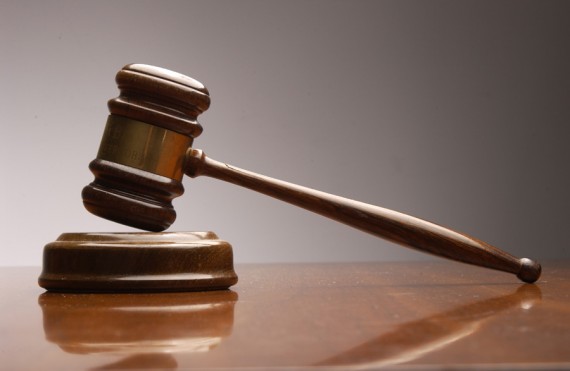DES MOINES – Iowa voters can find information about the professional qualifications and background of every judge standing for retention in the November 8 general election on the Iowa Judicial Branch website.
The 2022 Iowa Voter’s Judicial Directory contains biographies of each judge on the ballot. These biographies include information about each judge’s background and education, career, and professional activities. The directory also contains information about Iowa’s judicial retention process, as well as factors voters may want to consider when deciding whether to retain a justice or judge.
Today, The Iowa State Bar Association released the results of a performance evaluation by Iowa lawyers, providing Iowa voters with additional information about judges on the ballot. The evaluation asks members of the association to rate judges on a number of issues, including knowledge and application of the law, temperament, communication skills, timeliness of rulings, and impartiality. The performance evaluation also asks lawyers to state whether each judge should be retained.
In 1962, Iowa voters approved a constitutional amendment that replaced the unpopular process of selecting judges by general elections based on political party politics with a nonpartisan merit selection and retention process. In the merit selection system, a nonpartisan commission reviews the qualifications of applicants for judicial office. Once the commission screens and interviews applicants, it forwards a slate of nominees to the governor who makes the final appointment. Merit selection and retention focuses on the professional qualifications of judges—experience, legal expertise and knowledge, judicial temperament, and promotion of a fair, impartial, and accountable judiciary.
After serving a full year on the bench, every justice and judge must stand for retention at the next general election and then near the end of each regular term of office. In a retention election, judges do not have opponents. Instead, voters decide whether to retain a judge based on the judge’s professional competency. If a judge receives a majority of “yes” votes, the judge may serve another full term.







